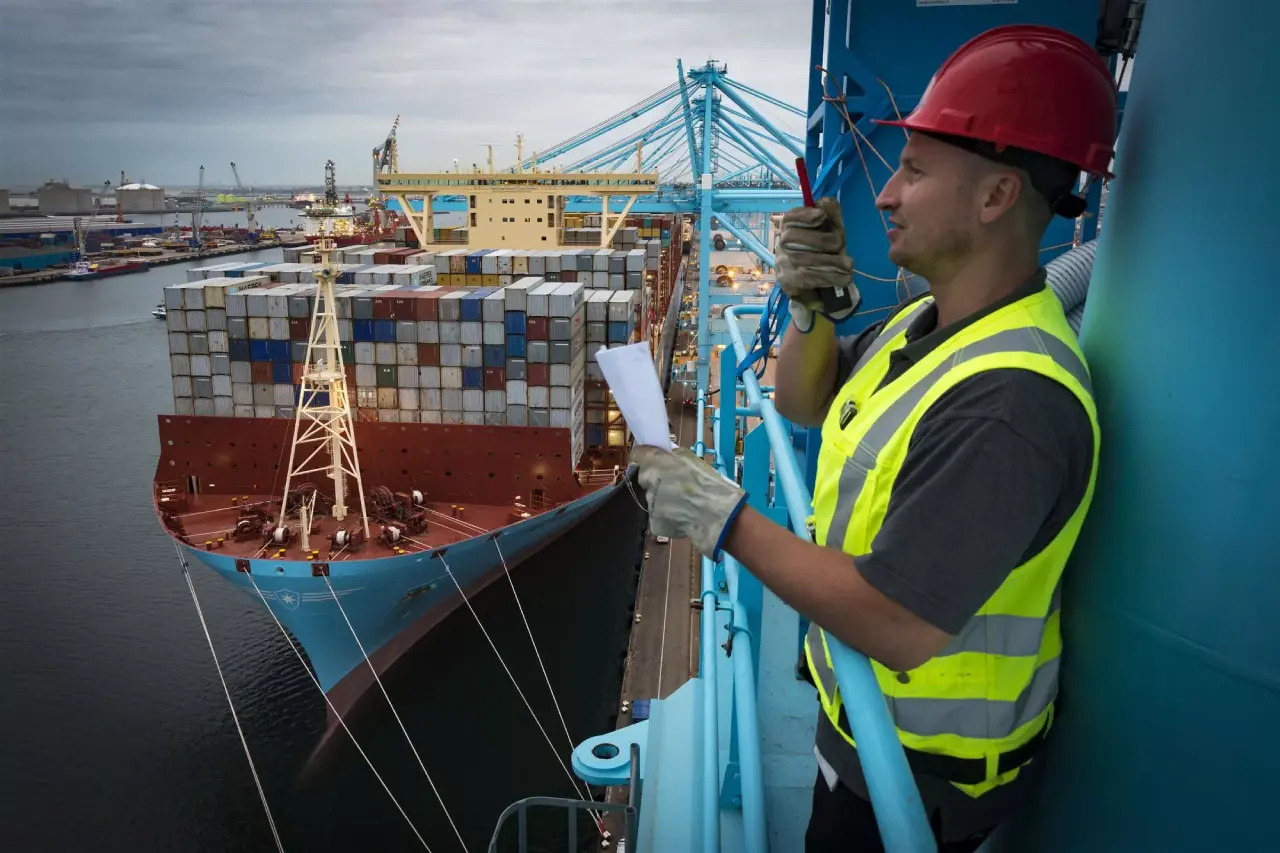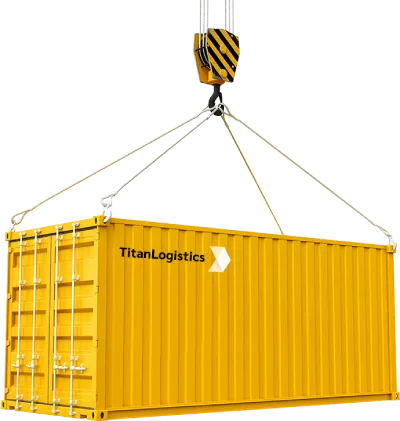
Navigating the Seas
The Significance of Fleet Management
Effective fleet management is essential for optimizing sea freight operations, enhancing reliability, and maximizing efficiency.
- Vessel Maintenance Planning: Fleet management involves meticulous planning for vessel maintenance, ensuring that ships are in optimal condition for long sea journeys.
- Fuel Efficiency Optimization: Fleet managers employ strategies to optimize fuel efficiency, reducing operational costs and minimizing the environmental impact of sea freight.
- Route Optimization: Utilizing advanced technology, fleet management systems help optimize sea routes, taking into account weather conditions, traffic, and fuel consumption.
- Crew Management: Ensuring the well-being and efficiency of the crew is a key aspect of fleet management, involving proper training, health, and safety protocols.
- Real-time Monitoring: Fleet management systems enable real-time monitoring of vessels, providing insights into their location, performance, and adherence to schedules.
- Compliance with Regulations: Fleet managers navigate complex maritime regulations, ensuring that vessels comply with international standards and avoid legal complications.







